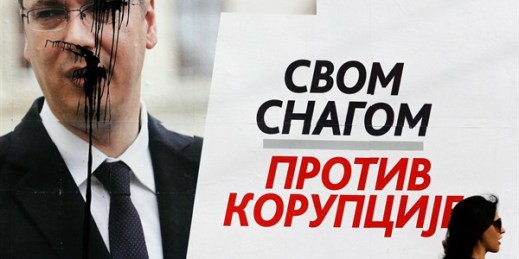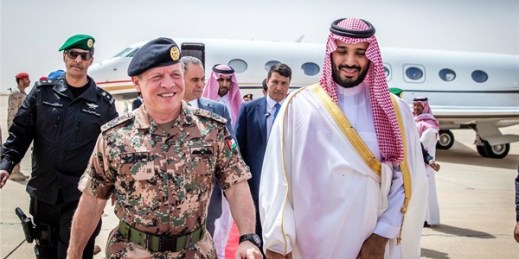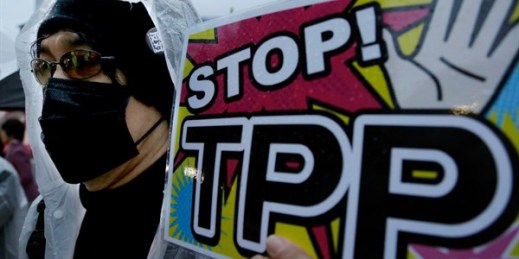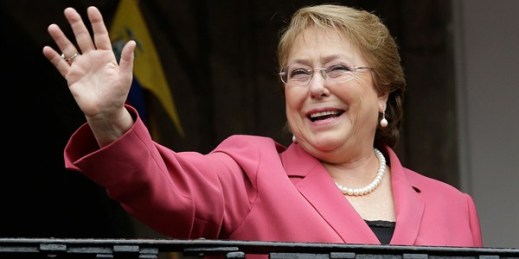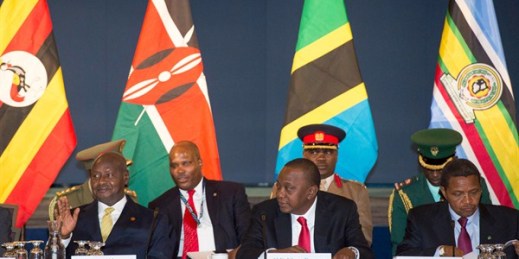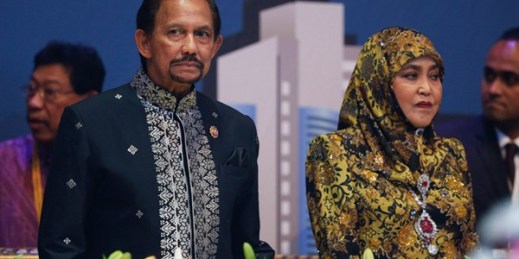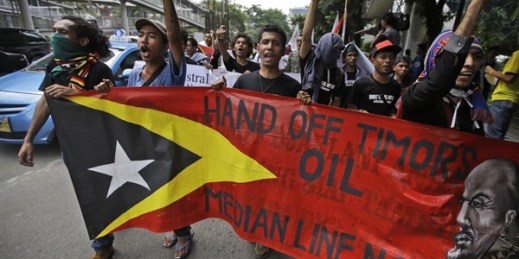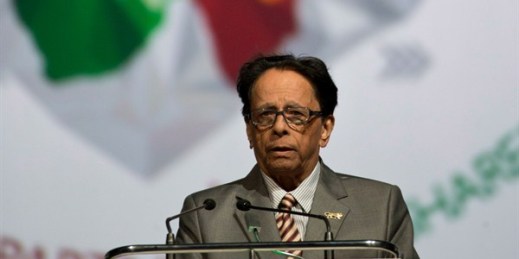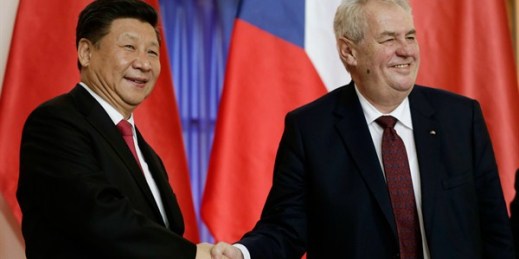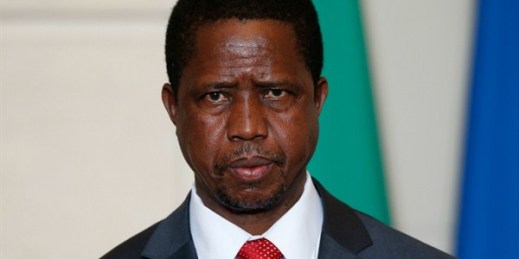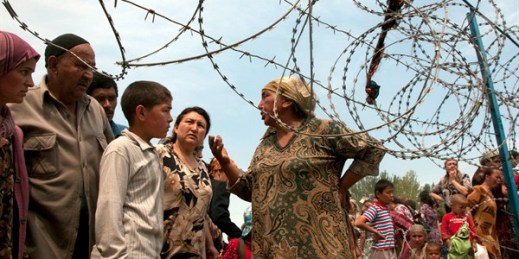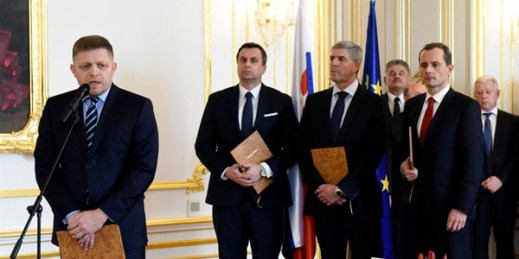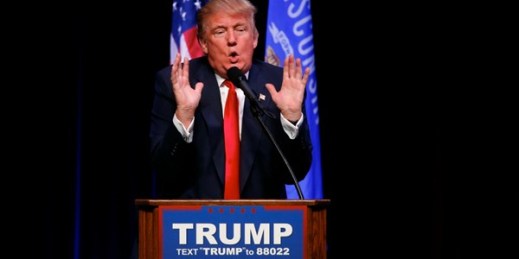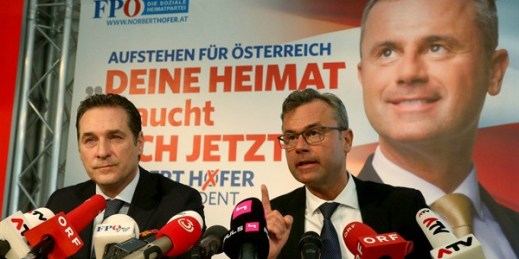
In the first round of presidential elections on Sunday, Norbert Hofer, the candidate from the far-right Freedom Party, came in first place with 36 percent of the vote; Alexander Van der Bellen, former chairman of the Green Party who ran as an independent, came in second with 20 percent. In an email interview, Thomas Meyer, an assistant professor at the University of Vienna, discussed the elections and the state of politics in Austria. WPR: What explains the failure of the centrist People’s Party and the center-left Social Democrats to make it into the second round of presidential elections, and what […]

